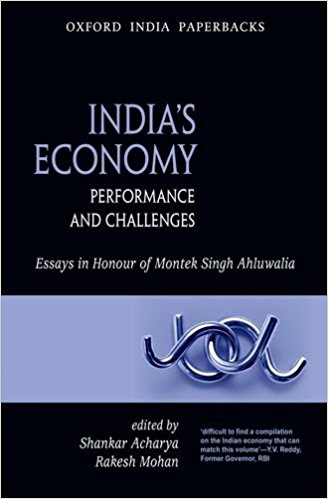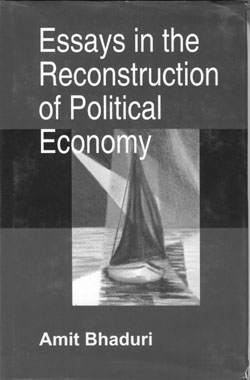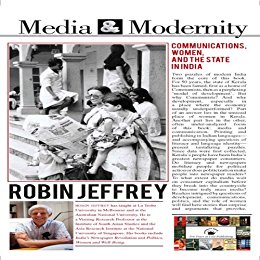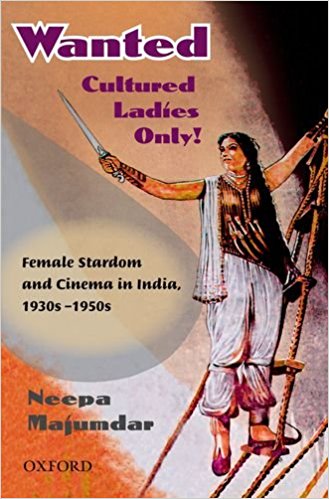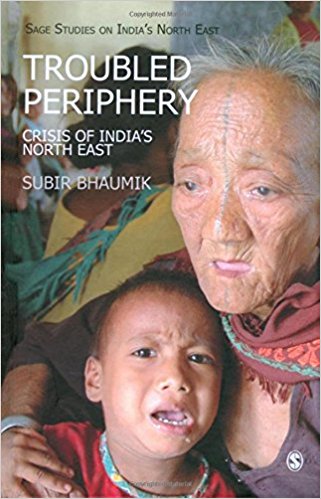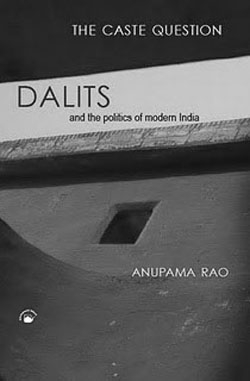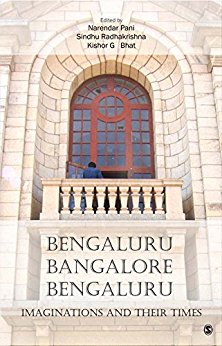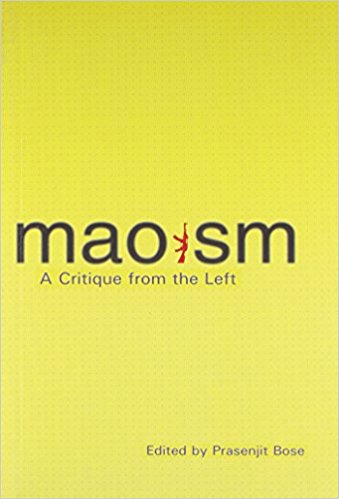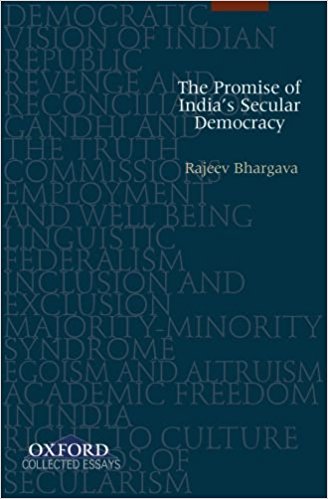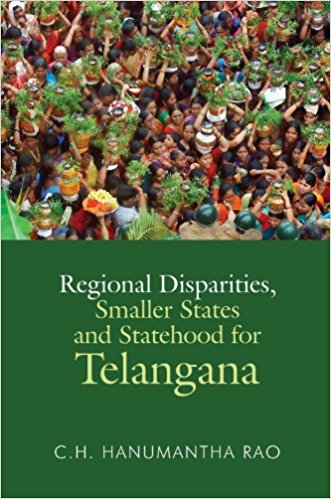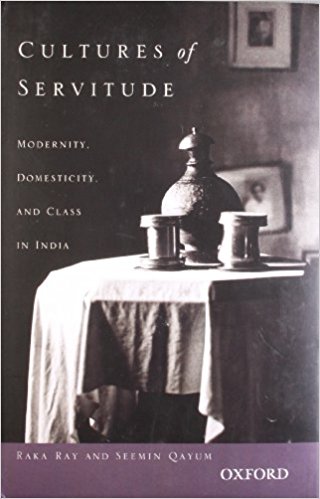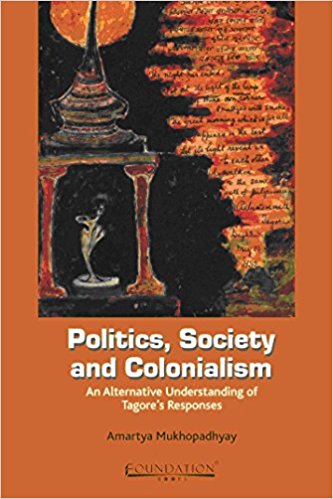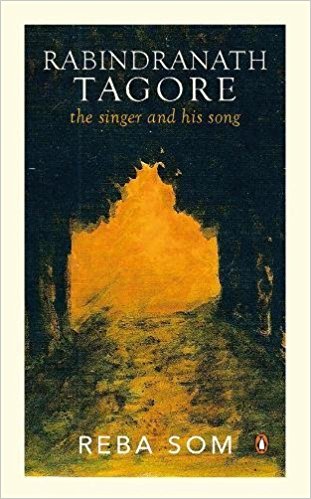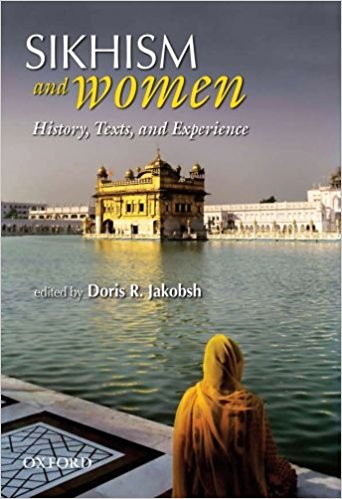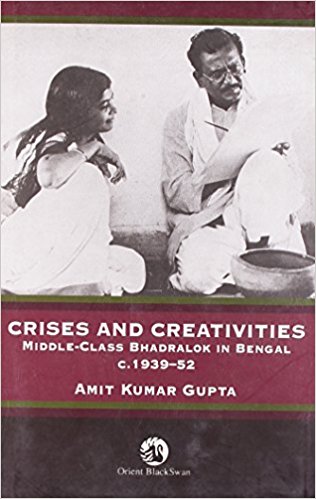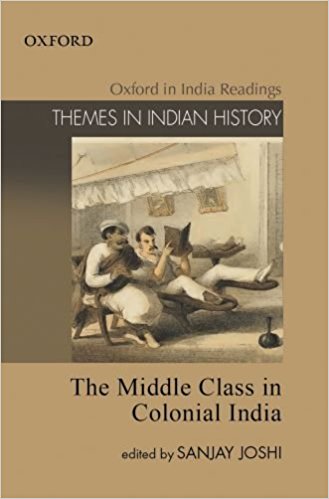The edited volume to honour of Montek Singh Ahluwalia, with a foreword by Dr. Manmohan Singh, is a compilation of articles by economists who have either worked with him or have known him as an economist and policy maker. This volume would prove useful both for the admirers and critics of economic reforms in India…
Archives
September 2010 . VOLUME 34, NUMBER 9Considering the inadequacy of literature on the subject of political economy, the book will be extremely useful for the scholars of political science, economics, history, sociology and even public policy. It has adopted an interdisciplinary approach to understand a wide range of political and economic phenomenon…
Media and Modernity is primarily about Kerala, its politics and its women and then about media and communication in Kerala. It is a book of previously published essays in which Robin Jeffrey explores his fascination with Kerala’s communism, its matriliny, its literacy, and its women. Intertwined with this is his research…
The core of any commercial cinema—be it Bollywood, Hollywood or the Tamil film industry—is its stars. The ones who make or break a film, set box office records and fashion trends and fire the dreams and imagination of billions of fans. They are the face of our popular culture. Then again the notion of stardom is not static…
The insecurity of people, faced with helpless conditions of violence, confron-tation, lack of access to basic services, has surged incrementally across India. In regions as ethnically complex and challenging as what is commonly called the ‘North-east’,
What are or should be the guiding principles of Indian foreign policy? At a function of the Ministry of External Affairs some time ago, an IFS officer was reviewing the year, gone by. ‘If I were to sum up the biggest success in our relations with other countries in one word, ‘ he said, with some pride, ‘It is continuity….
One of the stark reminders of the failure of the discipline of history was evident in the recent sessions of the Indian History Congress as it was clearly recognized that dalit history was virtually nonexistent, with very few exceptions. Mainstream historians’ apathy towards the dalit question indicates a failure of the historian’s…
Narendar Pani, In his introductory essay, states that the book was compiled in the wake of an absence of ‘a collective effort to recognize. . . (the city’s) past (4).’ After noting that a dialogue between ‘the present and the past’ . . . has never gathered momentum in Bengaluru,’ he offers an intriguing explanation for it…
One of the imperatives of transformative politics aiming for radical change has been to overcome the insurmountable complexity of pursuing praxis with a singularity of purpose, and yet not abandon critical enquiry into the philosophical presuppositions guiding that practice, as much as contributing to the philosophy itself…
Democracy and its accompanying value of secularism has been a target of heavy criticism for both academic and non-academic sections of India. Along with their practice, the very ideals are now questioned as undesirable and deeply flawed. Scholars like Ashis Nandy, T.N. Madan and Partha Chatterjee have come…
In this slim book noted economist C.H. Hanumantha Rao brings together his eight essays on regional disparities, smaller states and Telangana written at different points of time since 1969 with an Introduction and an Epilogue contextualizing them and observations on recent developments in Telangana…
There used to be a children’s game played by seven or eight year olds long ago, not really a game but a kind of verbal oneupmanship that seems so cool and clever at that age. The first step was to look for a suitable victim, an innocent new to the game. Then you had to get your victim to start off by saying…
Rabindranath Tagore, who famously declared that he was ‘nothing but a poet’, is read in this book for anything but his poetry. ‘Much of Tagore’s central claim to greatness lies in his social thought’, the back cover of Amartya Mukhopadhyay’s comprehensive volume declares, and even a cursory inspection will show…
Reba Som’s book on Rabindrasangeet appears at an interesting, if not a decisive time, in the history of this musical genre. For many years now, Rabindrasangeet has provided a very modern sense of belonging to Bengalis. The ineffable but emotionally charged lyrics and the distinctive tunes with their stretched accents…
This is an important scholarly work within the broader framework of sociology of religion, where Indian sociologists like M.N. Srinivas, T.N. Madan, Dipankar Gupta and Rowena Robinson have contributed over the years. The concepts discussed had been ethnicity, pluralism, religious institutions and religious texts…
In his insightful essay Writing Political Biography, Rae Wear claims that there is a little bit of autobiography’ lurking beneath the surface of every biography where its foremost reflection is through the choice of subject. While some biographers may be drawn to subjects they admire, others are led by the curiosity to understand…
Crises and Creativities is a book that can be described in many ways. At one level, it is a book about the (Bengali) middle class. At another level, it is a book about vernacular Marxism, if such a term be permitted. At yet another level, this book is about a critical and still under-researched time of Indian history—the 1940s…
The role of the middle class in transforming India is being discussed and debated from the late 19th century. In the first two decades of Independence historians gave a lot of attention to the role of the middle class in the national movement, but from the 1970s the focus shifted to the peasants and subalterns…

